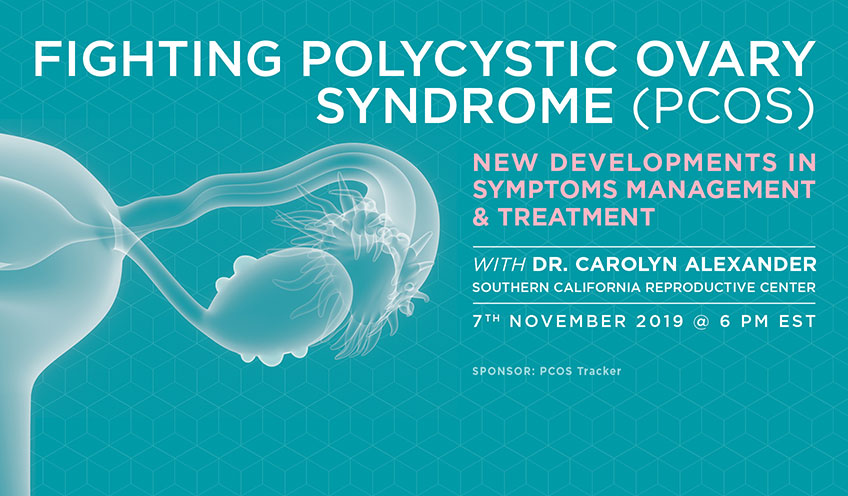
Hear Talk Audio
Fighting Polycystic Ovary Syndrome (PCOS) – New Developments in Symptoms Management & Treatment
PCOS is a little understood life changing syndrome. What we know about PCOS are the disturbing symptoms it creates in our bodies, but we only know the tip of the iceberg when it comes to reasons behind why these symptoms occur. Moreover, almost 70% of teenage girls/women remain undiagnosed mainly because they dont understand their symptoms and avoid discussing them. We are talking to Dr Carolyn Alexander of Southern California Reproductive Center, about new developments in PCOS symptom management & treatment and PCOS updates from recently held #ASRM2019 Conference. Dr. Alexander has conducted extensive research on PCOS and specializes in the treatment of patients facing the diagnosis of PCOS and infertility. Guiding the discussion from the patient panel will be Ashley Levinson @PCOSgurl who has been advocating for PCOS since the last 20 years. Dr Michelle Shwarz, a PCOS patient and researcher, will also be on the panel to discuss about funding and gaps in research in the field of PCOS.


